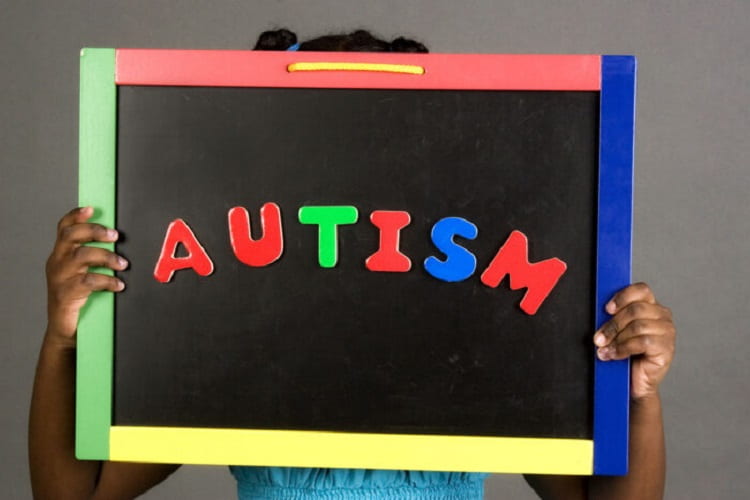Diagnosing autism in children as early as possible is essential to improving their language, social and cognitive skills. But often the diagnosis is made relatively late — even after some children begin elementary school. In the United States, diagnostic delays and barriers in access to developmental therapy for those with autism are particularly pronounced among children from minority groups.
A new study led by researchers at Washington University School of Medicine in St. Louis highlights the nature of those obstacles and the high stakes of health disparity for African American children affected by autism spectrum disorder, who typically face longer delays in diagnosis than white children.
Although it’s now possible to diagnose autism in children before age 2, most kids are 4 or older when they receive a diagnosis. In this study involving 584 African American children at four autism centers across the United States, the average African American child already was almost 5½ years old at the time of diagnosis, despite the fact parents first had expressed concerns about their kids’ development more than three years earlier. Nationally, white children are diagnosed an average of six months earlier than African American children.
The new study detailing the nature of delays in the timing of autism diagnosis among African American children is published online Aug. 24 in the journal Pediatrics and will appear in the journal’s print issue in the September.
“This study reveals major roadblocks to receiving a diagnosis of autism, which has significant consequences for young children and their families,” said the paper’s first author, John N. Constantino, MD, the Blanche F. Ittleson Professor of Psychiatry and Pediatrics at Washington University. “In our current national conversation about race, preventable disparities in diagnosis and treatment services deserve a high priority because failure to address these disparities may seriously compromise outcomes for children affected by autism. We must do better.”
One of the most common and ominous markers of the effects of these racial disparities in the lives of children with autism involves the rate at which they are additionally affected by intellectual disability. Recently published data collected by Constantino, Rob Fitzgerald, PhD, assistant professor of child psychiatry, and colleagues at other academic institutions, as well as the U.S. Centers for Disease Control and Prevention, show that 22% of white children with autism also have intellectual disability. But among African American children, the rate of intellectual disability in those with autism tops 44%.
